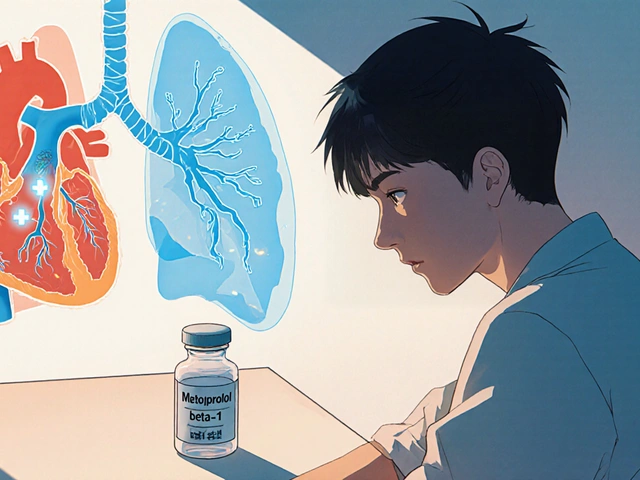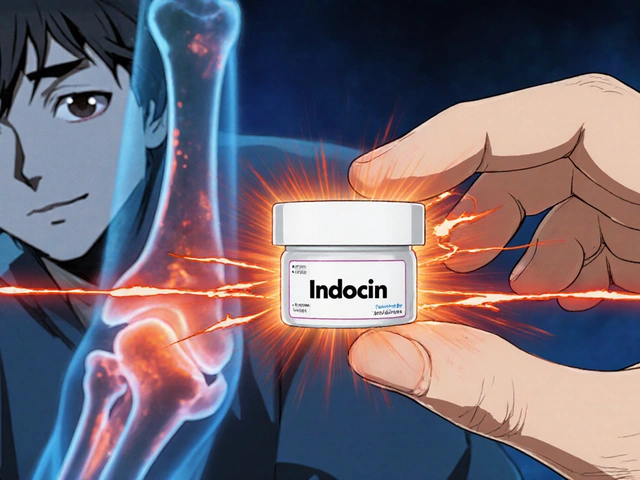Mental Health: Essential Guides for Your Well‑Being
Feeling overwhelmed, anxious, or down? You’re not alone, and you don’t have to navigate those feelings in the dark. At MedClean we bring you easy‑to‑understand articles that cut through the jargon and give you real‑world steps to boost your mental wellness.
Quick Wins for Everyday Stress
Stress shows up in many ways: a racing heart, trouble sleeping, or that nagging feeling you can’t shake. Start by carving out a five‑minute pause each day. Close your eyes, breathe in for four counts, hold for four, and exhale for six. Do this three times and notice the drop in tension. Pair the breathing with a short walk outside – sunlight and movement are natural mood lifters.
Managing Anxiety and Depression
Anxiety can feel like your mind is on overdrive, while depression often makes it hard to get moving. One practical tip is to set a "micro‑goal" – something you can complete in ten minutes, like making your bed or washing a dish. Completing that tiny task sends a signal to your brain that you’re capable, which can break the cycle of rumination.
Another proven tool is journaling. Write down three things that went well today, no matter how small. Over time this practice rewires your brain to notice positives instead of only the negatives.
Medication questions often pop up when talking about mental health. Our drug guides explain common antidepressants, anti‑anxiety meds, and how they interact with other prescriptions. We break down side effects, dosing tips, and warning signs in plain language so you can talk confidently with your doctor.
Support networks matter, too. If you feel isolated, reach out to a trusted friend or family member. Even a quick text saying "I could use a chat" can open the door to help. Online communities can also offer encouragement, but always verify the source – reliable forums are those moderated by healthcare professionals.
Sleep is a hidden pillar of mental health. Aim for 7‑9 hours of consistent sleep each night. If you struggle to fall asleep, try a "wind‑down" routine: dim the lights, put away screens 30 minutes before bed, and read a physical book or listen to calm music.
Exercise doesn’t have to be a marathon. Simple activities like stretching, dancing in your kitchen, or a short bike ride release endorphins that lift mood. Try to move a little each day and notice how your outlook improves.
When thoughts become too heavy, professional help is a smart move. Our therapist directory lists licensed counselors, tele‑therapy options, and what to expect in a first session. Knowing the process ahead of time reduces anxiety about seeking help.
Finally, remember that mental health is a journey, not a destination. Some days will be easier, others tougher. By using practical tools, staying informed about medications, and leaning on support, you give yourself the best chance to thrive.
Explore the full range of MedClean’s mental health articles for deeper dives into coping strategies, medication guides, and lifestyle hacks. Your well‑being starts with a single click – and we’re here to guide every step of the way.






